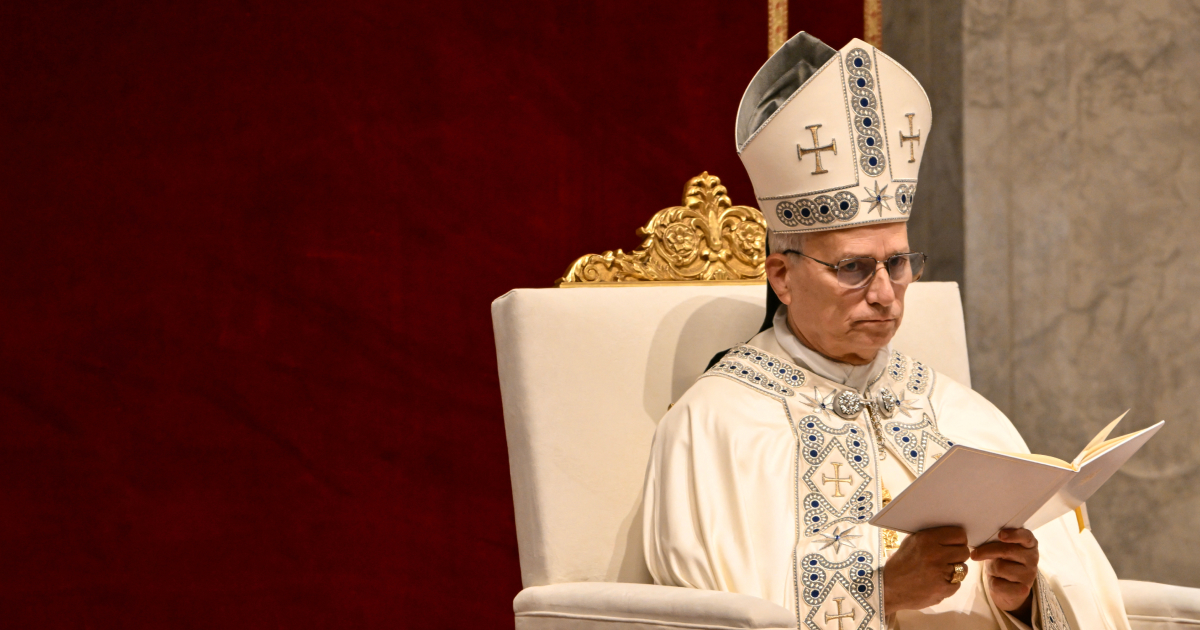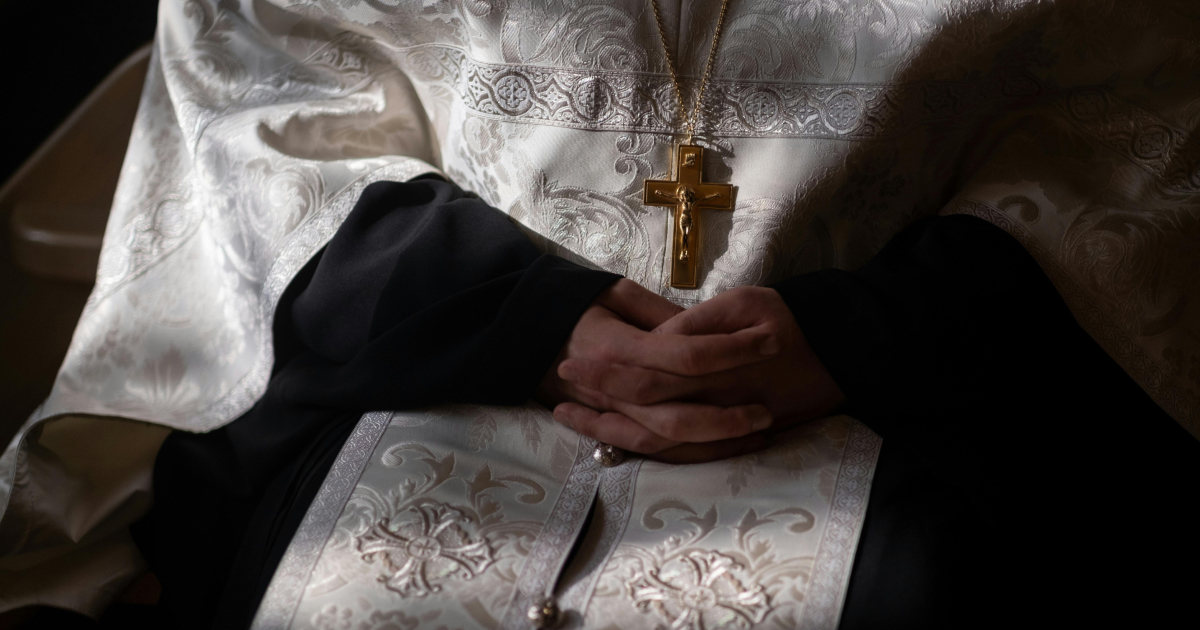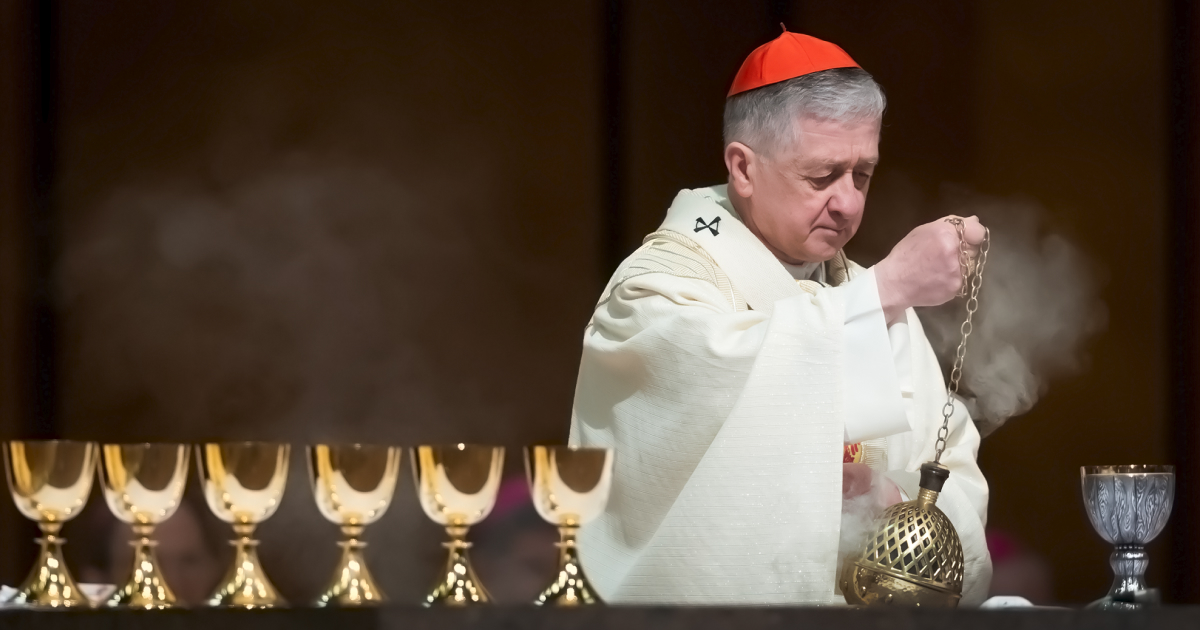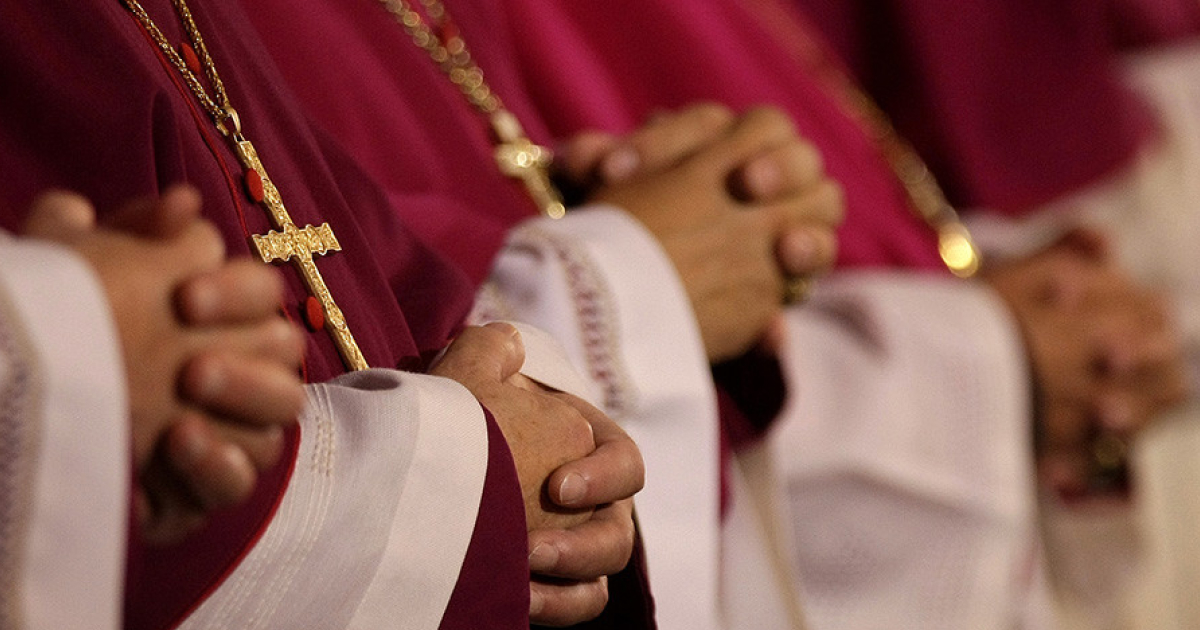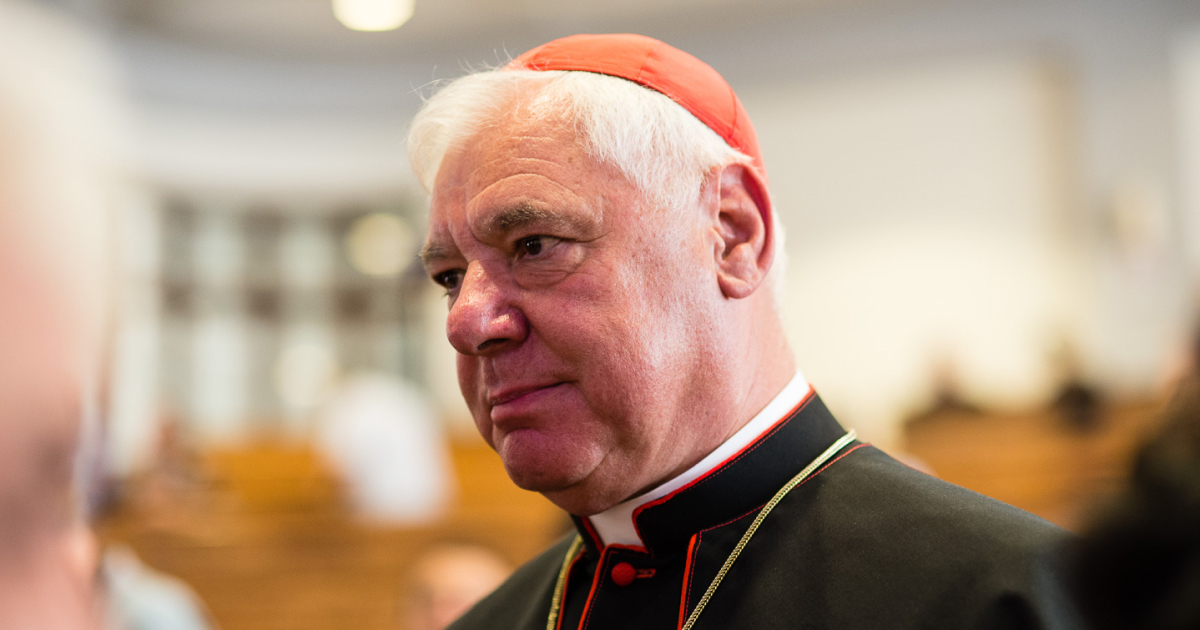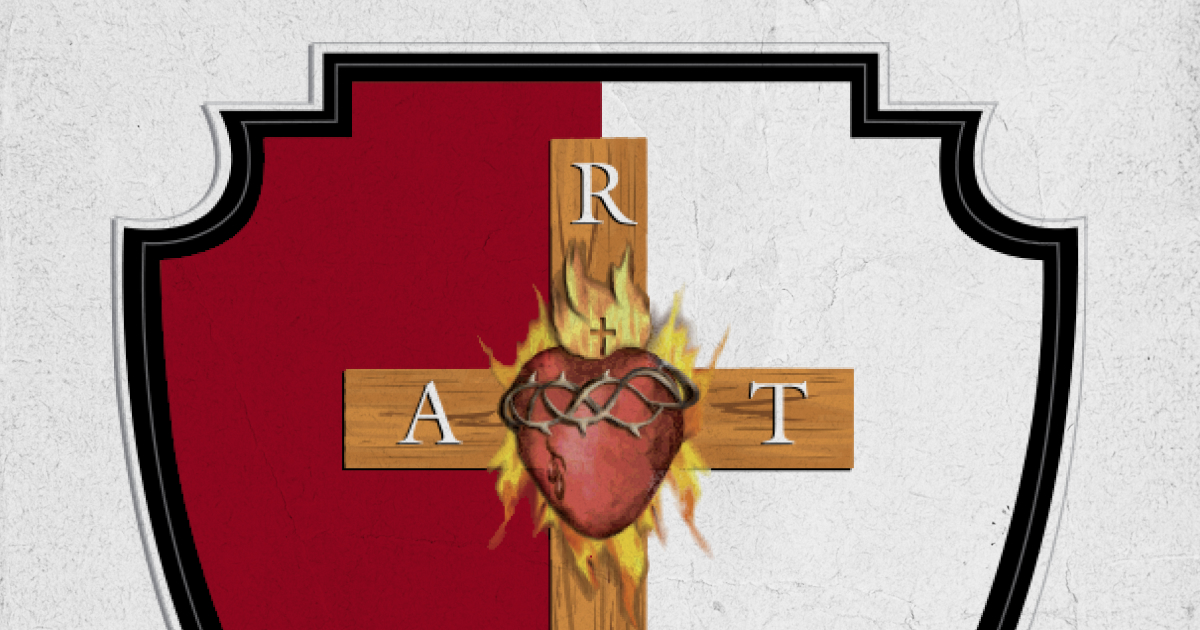The idea that Britain’s assisted suicide debate pits religious cranks against compassionate moderns is one of the great media fables. It makes for easy copy — faith on one side, feeling on the other — but it collapses the moment Parliament gathers serious voices to test the Bill.
Once doctors, lawyers and ethicists are in the room, the caricature falls apart, and the real fault lines, whether constitutional, medical or moral, come into view.
The Terminally Ill Adults (End of Life) Bill has alarmed ethicists, doctors and faith leaders alike. Their concern is blunt: its safeguards are paper-thin, leaving the most vulnerable at risk of being nudged — or worse, encouraged — towards ending their own lives.
On Tuesday, the think tank Politeia: Economic, Social, and Constitutional Policy Forum hosted a lunchtime discussion at the House of Lords under the title: What Questions for the House of Lords? The Terminally Ill Adults (End of Life) Bill.
The panel speakers were led by a Cambridge set: chaired by Baroness Sheila Lawlor, once a research fellow at Sidney Sussex, Dr Philip Murray of Robinson College, and St Catharine’s fellow Mark Elliott. St Mary’s bioethicist Professor David Jones and the Oxford barrister Charles Foster added their own interventions, while Lord Frost, the former Brexit negotiator, played the role of the Tory statesman warning against moral drift.
These lunchtime chats are a familiar feature of Westminster life. They give both the victors and the casualties of legislation a chance to be heard, to unpick every clause, and to brief the curious.
This one drew an eclectic crowd: the theologian and Anglican priest Baron Biggar, Lord Sewell, an uneasy Swiss embassy staffer, and even a contingent from the Cambridge University Catholic Chaplaincy. If you wanted a snapshot of how the counter-Establishment gathers to defend life whilst discussing death, this was it.
One theme dominated the session: the Bill is unsafe. David Jones, director of the Anscombe Bioethics Centre and author of Assisting Suicide: An Ever More Dangerous Bill, reminded the audience how MPs at Second Reading were coaxed into backing the principle on the promise that safeguards would follow.
When those safeguards finally appeared, they were bulldozed through at breakneck speed — 133 amendments in under ten hours, most of them tabled by the Bill’s own sponsor. Instead of tightening protections, the process loosened them, leaving the Bill weaker than before.
Take Clause 21B, which expects doctors to predict whether a patient has six months left to live — a feat of medical clairvoyance that even Hippocrates would have declined. Another clause conjures up panels to authorise death, with no duty to consult the patient’s family.
Charles Foster skewered this grim pairing of bureaucratic panel-work and lethal prescriptions with dry humour: a system where ending a life could become the outcome of a committee meeting.
Perhaps the most disturbing prospect raised was the misuse of the Mental Capacity Act. As it stands, someone suicidal due to treatable mental illness can be prevented from ending their life under the Mental Health Act.
But the new Bill would, perversely, make it easier for someone who is both physically ill and mentally ill to be 'assisted' in dying — even if their depression could have been treated. That’s not compassion. That’s neglect dressed up as autonomy.
If there was a headline from the day, it was that Cambridge has become the intellectual hub of the resistance. Elliott dissected the constitutional question: without a manifesto mandate, the Lords are not restrained by the Salisbury Convention and can be 'muscular' in resisting.
Murray pressed the ECHR angle, noting that once the principle is conceded, Strasbourg judges become an unaccountable anomaly in further expansion or retraction. And Jones reminded everyone of the procedural shambles in the Commons.
This Cambridge-centric defence is more than academic nit-picking. It is the kind of heavyweight intellectual challenge that forces peers to pause before waving a Private Member’s Bill through. One could almost call it the Cambridge Counter-Revolt: dons in gowns reminding politicians that law and ethics are not solved by a quick whip count.
And then there was Lord Frost. Known best for negotiating Brexit, he cut through the constitutional hairsplitting with a more political warning. Too much of the opposition, he argued, has been 'tactics not strategy.'
By this he meant that critics have been bogged down in technicalities — pleading for better safeguards here, a panel there, a six-month test more finely drafted. All of which risks conceding the larger point: that no amount of tweaking can make the principle of assisted suicide 'safe.'
To engage at that level is to accept the premise that the Bill can be redeemed. Frost’s point was simple: don’t legitimise the process by playing along with amendments. Oppose the principle.
For British Catholics, so often trained to enter the public square armed with cautious secular reasoning, it was a striking reminder that plain conviction can speak louder than tactics.
If celebrities can be parachuted into the debate with tear-jerker columns, why should opponents of the Bill shrink from doing the same? One speaker warned bluntly that legislators are already bending under 'celebrity influence.'
The irony is rich: the same media that sneers at the Church for meddling in politics now celebrates actors, as if their stardom grants them magisterial authority. A theologian may be dismissed as 'ideological', but a soap star who has skimmed a Guardian op-ed is treated as a moral visionary.
Is the status quo sustainable in the face of the Bill’s advocates? That was the question Baron Biggar pressed from the floor. The answer from the panel was cautious but firm: yes, with vigilance. Frost’s rallying cry — 'keep fighting' — could have come from any campaigner in any age. But here it rang with a particular urgency.
The takeaway from Tuesday is not that the Bill is doomed, nor that the Lords will save us. It is that the resistance has teeth. Cambridge dons, Oxford barristers, former ministers: they are the formidable coalition making the moral and constitutional case.
For once, the headlines about 'religion versus reason' look laughably off-target.





.png)


